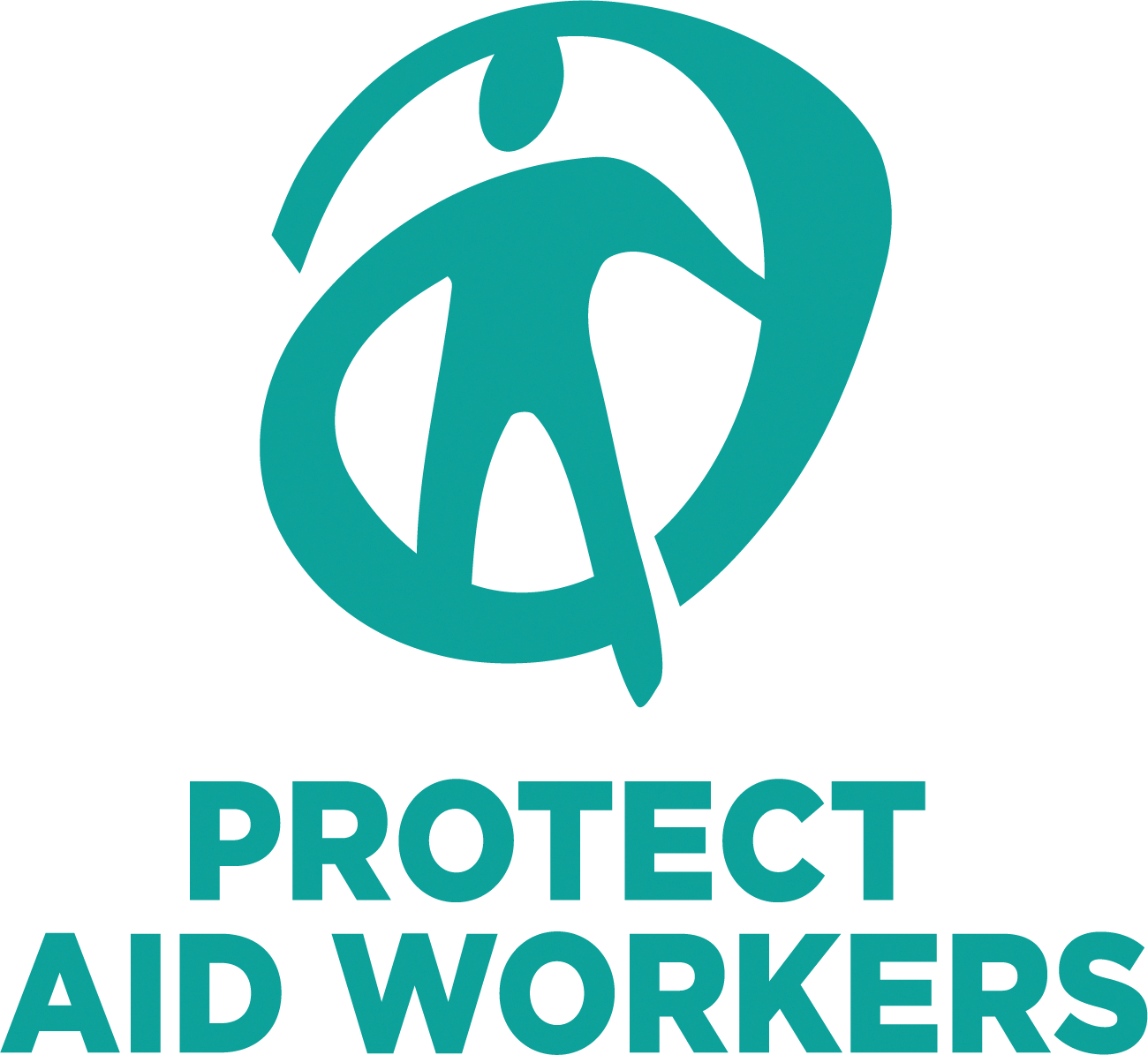FAQ
Frequently Asked Questions about the Protection Grant
Whether you are a potential applicant or have some general questions, you can find answers and information about our protection grants in the Q&A below.
1. Must organizations first sign up for the mechanism before applying for funding?
No prior registration is required. In case of incident, organizations simply have to fill out the application form and apply for a grant for one or several of their employees or on behalf of a partner.
2. How do you define “aid worker”?
Aid workers are defined as the employees and associated personnel of not-for-profit aid agencies (both national and international) that provide material and technical assistance in humanitarian relief contexts. These agencies include: NGOs, the entities of the Red Cross and Red Crescent Movement and community-based organizations. The fund can support any individual who has a work arrangement with the aid agency: employee, volunteer, daily labor, service provider, as well as health workers financially supported by NGOs.
3. Are the protection grants available for national and local organizations?
Yes, providing organizations can fill in the application in English or French, and have the appropriate organizational capacities to be lead applicant for the grant. Otherwise, they should ask the support of an international partner organization to apply on their behalf. You can contact Protect Aid Workers to help you find a partner.
4. A staff member from my organization was the victim of an incident, but I am not sure that the case meets the eligibility criteria. What should I do?
Contacting our hotline is the best way to proceed in case of doubt about the case’s eligibility. Our team is always available to discuss the situation further and advise you on the best course of action. Besides, as the program is new, its scope may evolve in the future to include situations and needs that may not have been sufficiently taken into account. This is why we encourage organizations to submit proposals to strengthen our understanding of the full range of risks faced by aid workers.
5. The incident took place a few months ago but support is still needed for the staff member. Is he/she eligible under the fund?
We firstly allocate grants in the immediate aftermath of an incident or threat. In addition, the program can support an aid worker in dealing with the longer-term impact of an incident as long as the applicant can demonstrate that the needs remain a direct result of it.
6. My organization already responded to the incident but would need a refund and/or a top-up. Can Protect Aid Workers still support?
Yes, refund is possible. All costs must be incurred within one year before the date of application submission.
7. Is Protect Aid Workers an insurance policy?
No. Protect Aid Workers, unlike insurance, does not offer guaranteed coverage or provide the right to a certain type of support. The support is provided only for as long as there are resources available in the fund, at the discretion of Protect Aid Workers .
8. Can Protect Aid Workers replace insurance policies taken out by organizations?
The mechanism as such is not a replacement of insurance – it is strongly recommended that organizations take out adequate insurance for their staff, covering health care, accidents, and where possible insurance covering the aftermath of violence or kidnapping. Applicants will be asked to certify in their application that the cost is not already covered by an existing insurance. If justified, Protect Aid Workers can supplement what the insurance partially covers.
9. Are grants restricted to one individual, or can they include several people?
As a general rule, one grant is allocated per individual/case. Exceptions are possible, notably when the same incident has affected several personnel simultaneously.
10. Is there a limit to the number of grants awarded per organization and individual?
An individual cannot receive more than one grant per year. There is no predefined quota on the number of applications accepted per organization.
11. As a means of verifying the information provided in the application form, must we share additional documents with Protect Aid Workers?
You are encouraged to provide any additional documents that can strengthen the justification of your request and enable us to process your application more quickly (for example: an internal incident report). Applying organizations are expected to do their own verification on the cases presented to the project and the related costs needed. Protect Aid Workers will not usually be checking through third parties what happened – unless it has obvious reasons to do so. Nonetheless, Protect Aid Workers maintains the right to ask for supporting documents in a case-by-case approach, especially when there is a lack of clarity or a suspicion of false information, fraud or abuse of the resources of the mechanism.
12. My organization's grant application has been rejected. Is there an appeal procedure?
If you are concerned your application may be unjustly rejected, or you feel you have not been appropriately treated by the Protect Aid Workers Team, you can appeal to the vetting committee here
13. Can Protect Aid Workers provide individuals with concrete services such as psychologists, support for evacuation, temporary shelter, etc.?
In addition to the protection grants, legal cases can be followed-up by the consortium partner Legal Action Worldwide. No further services are available at this stage of the project.
14. Can overhead costs be covered by the mechanism?
Overhead costs cannot be charged, but direct administrative costs are accepted up to 5%.
15. How long does the transfer of funds usually take?
Once the protection grant contract has been signed between Protect Aid Workers and your organization, the funds are transferred within 10 days.
